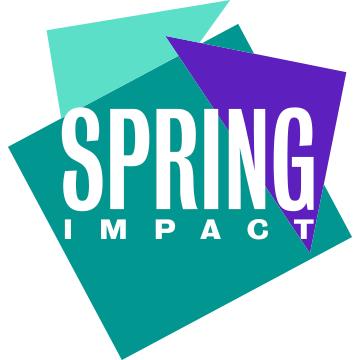Reclaim is a Manchester-based youth leadership nonprofit set up in 2007 that supports 12 to 13 year olds from pressurised working class communities to lead a positive change in their communities. Their LEAD programme works to build confidence, resilience, and social skills in potential young leaders aged 12 to 13. The programme involves a series of activities guided by a manifesto which is developed by the young people as well as links with professional and industry contacts who provide high-level opportunities for the young people to develop key leadership skills.
The need for such programmes is not unique to Manchester and needs to be addressed elsewhere. We worked with Reclaim to develop a strategy to replicate the impact of the LEAD programme across the UK during our first UK Scale Accelerator.
THE CHALLENGE
Since 2008 Reclaim have received requests by organisations both nationally and internationally for support to deliver their LEAD programme but were never sure how to meet this demand, while maintaining the delivery of their central programmes.
Moreover, Reclaim were interested in scaling the reach of LEAD in order to achieve their wider political mission of ending leadership inequality within a generation.

